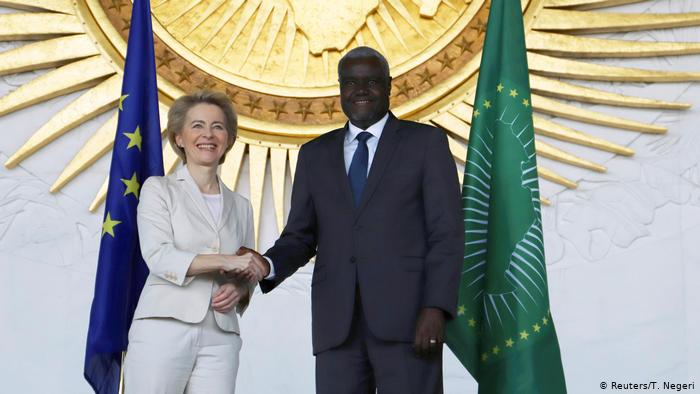The application of the Cotonou Agreement has been extended until December 2020. This agreement was originally scheduled to expire in February 2020, but as negotiations on the future agreement are still ongoing, this expiration has been extended until the end of the year.
Negotiations on a new ACP-EU Partnership were launched in September 2018, in New York, on the margins of the United Nations General Assembly.
The initial rounds of talks focused mainly on the “common basis”, which sets out the values and principles that unite the EU and ACP countries and indicates the strategic priority areas in which the two sides intend to work together.
The future ACP-EU Partnership will serve to further consolidate the close political ties between the EU and ACP countries on the world stage. Together, the ACP countries and the EU represent more than 1.5 billion people and more than half of the seats in the United Nations.
Both sides have agreed on key chapters on regional partnerships within the future ACP-EU agreement. In the coming weeks, the EU and ACP teams will continue negotiations, merging proposals and fine-tuning the text of the agreement. These include the general provisions, the means of cooperation, the institutional framework and the final provisions.
The EU will work towards an in-depth revised agreement, which will consist of a common basis for the ACP as a whole and three regional partnerships tailored for Africa, the Caribbean and the Pacific respectively.
It is envisaged that the future agreement will cover three keys priority areas such as:
– Migration and asylum
– Sexual and reproductive health and rights
– Sustainable development goals and multilateralism
These multi-level negotiations, the coronavirus crisis and difficulties in reaching agreement on sensitive issues, such as migration management and sexual and reproductive health and rights, prevented the new agreement from being finalized by the initial expiration date set in the Cotonou Agreement. Thus, to avoid a legal vacuum in relations, the provisions of this agreement were extended until the end of 2021.
After two years of negotiations, a political agreement was reached in December 2020, even on the most complex issues.
The European Parliament insisted on maintaining the ACP-EU joint parliamentary assembly and succeeded in this endeavor; in addition, three regional parliamentary assemblies will be created in the future institutional set-up of the partnerships.




